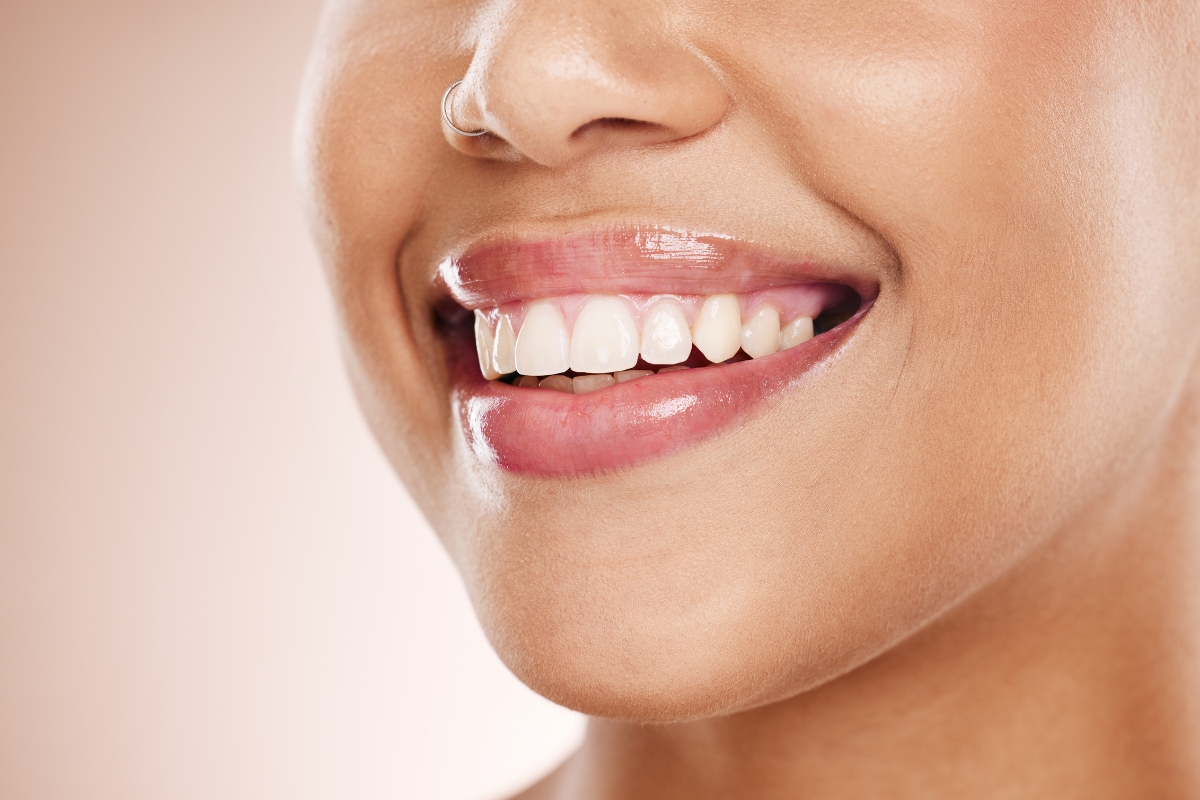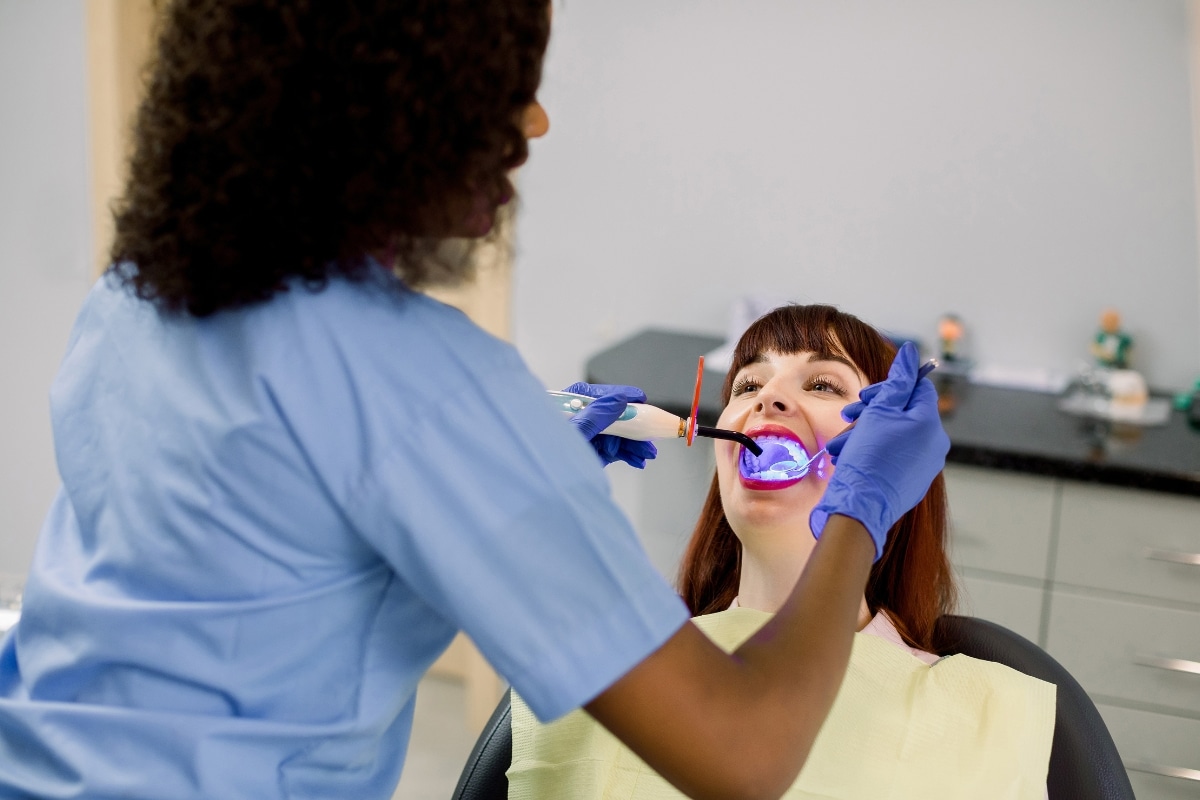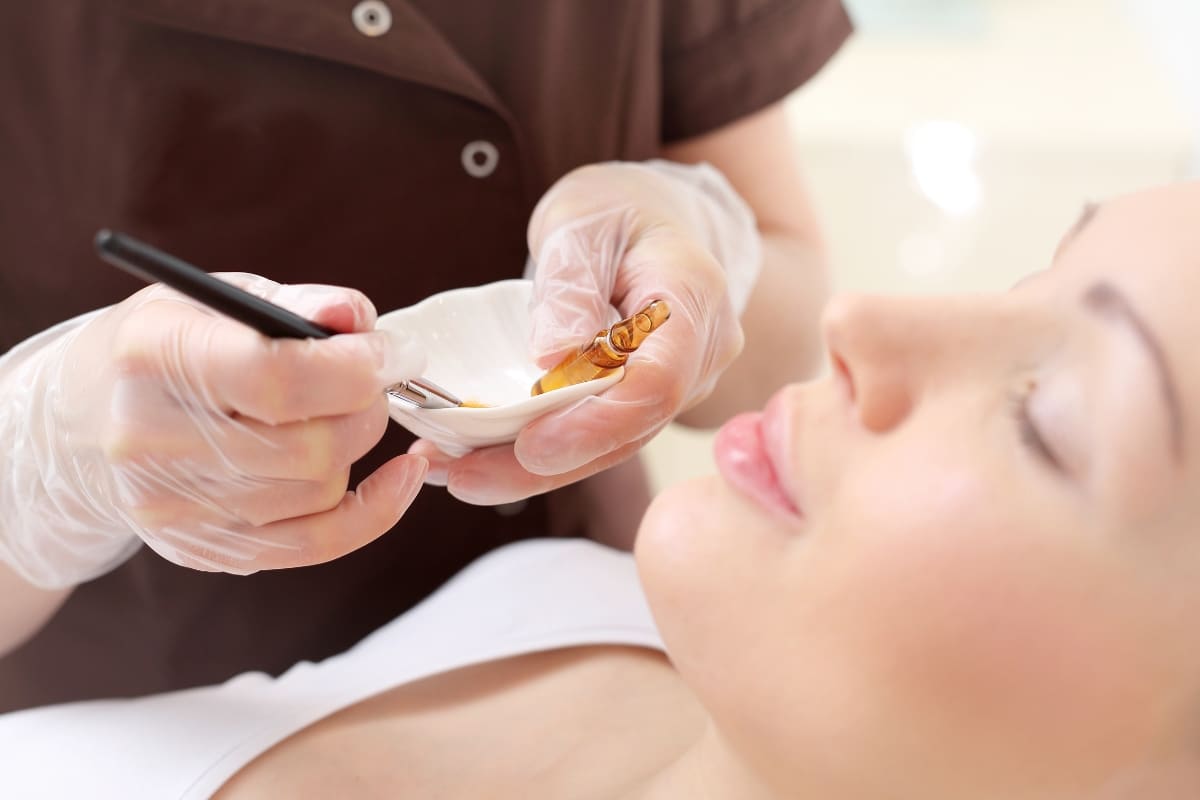Managing TMD: Safe & Effective Pain Relief Solutions

Is your jaw clicking, popping, or constantly aching? You might be dealing with TMD—temporomandibular joint disorder. This condition affects the joints that connect your jaw to your skull, and it can make everyday activities like chewing, yawning, or even talking uncomfortable.
The good news? With the right approach, TMD treatment can offer real relief—and most of it is safe, simple, and doesn’t require surgery.
What Is TMD?
TMD (also known as TMJ disorder) is a condition that affects the temporomandibular joints on either side of your jaw. These joints allow you to move your jaw up, down, and side to side.
People with TMD may experience:
- Jaw pain or stiffness.
- Clicking or popping sounds.
- Headaches or earaches.
- Pain when chewing.
- Locking of the jaw.
TMD can be caused by jaw injury, teeth grinding (bruxism), stress, poor posture, arthritis, or even bite problems.
Simple & Safe TMD Treatment Options
Here are some proven, non-invasive options for TMD treatment in Havertown to ease your discomfort:
1. Heat and Cold Therapy
Applying a warm compress can help relax the muscles around your jaw, while a cold pack can reduce swelling and pain.
2. Jaw Exercises
Gentle stretching and strengthening exercises recommended by a dentist or physical therapist can improve jaw mobility and reduce pain.
3. Stress Management
Since stress often leads to teeth grinding or jaw clenching, relaxation techniques like deep breathing, meditation, or yoga can make a big difference.
4. Mouthguards or Splints
Custom-made oral appliances can protect your teeth if you grind them at night and help your jaw rest in a more natural position.
5. Posture Correction
Believe it or not, poor posture can make jaw pain worse. Keep your head aligned with your spine when using phones or computers.
6. Diet Changes
Switch to soft foods that don’t require a lot of chewing. Avoid hard or chewy snacks like gum, nuts, and crunchy veggies during flare-ups.
According to the National Institute of Dental and Craniofacial Research, about 10 million Americans suffer from TMD, with women being more affected than men.
When Should You Seek a Dentist for TMD Treatment?
If your jaw pain doesn’t go away after trying home remedies or gets worse over time, it’s important to see a professional. A dentist trained in TMD treatment can diagnose the problem, recommend solutions, and help you prevent long-term damage.
Here’s what they might suggest:
- Physical therapy for the jaw muscles.
- Prescription medications for pain or inflammation.
- Botox injections to relax overactive jaw muscles (in some cases).
- Dental treatments to fix bite issues or align the jaw properly.
In rare situations, surgery might be necessary—but most people can avoid that with early care.
Tips for Preventing TMD Flare-Ups
Once your symptoms improve, these habits can help you avoid future jaw pain:
- Avoid chewing gum or biting your nails.
- Don’t rest your chin on your hand.
- Keep your jaw relaxed, not clenched.
- Use a headset if you’re on the phone a lot.
- Stay on top of stress with regular self-care.
Relief Is Possible!
Living with TMD can be frustrating, especially when it interferes with daily life. But with a combination of self-care, smart habits, and professional TMD treatment, you can take control of your pain and feel like yourself again.
If you’re tired of the clicks, pops, and aches, talk to our dentist about your symptoms. The sooner you seek help, the faster you’ll find relief—and get back to smiling, eating, and talking comfortably.
Recent Posts

Why Won’t My Teeth Stay White? Dr. Maconi on Maintenance for Havertown Residents

What Happens if You Delay Filling a Cavity? Dr. Maconi on Preventing Root Canals

What Home Care Tips Can Help Relieve TMD Discomfort in Havertown?

Minimizing Sensitivity: Why Professional Teeth Whitening Treatment is Safer Than DIY Kits


